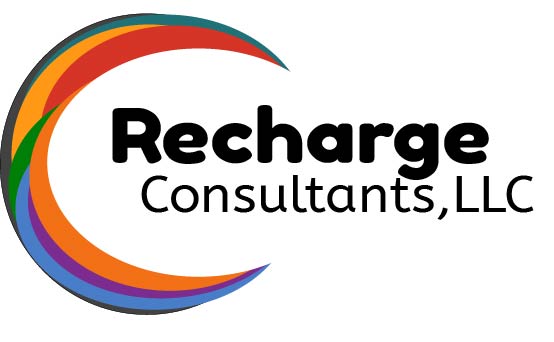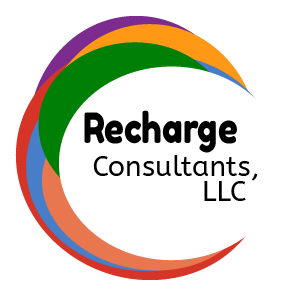Organizational governance and management are critical to ensuring any organization’s effectiveness, sustainability, and ethical operation, whether a business, nonprofit, government agency, or other entity. Let’s explore each concept separately:
Organizational Governance:
- Definition: Governance refers to the systems, processes, and structures by which an organization is directed, controlled, and held accountable to achieve its objectives.
- Key Components:
- Board of Directors: Typically elected or appointed individuals responsible for overseeing the organization’s strategic direction and ensuring it operates in the best interest of stakeholders.
- Policies and Procedures: Establishing clear guidelines and rules for decision-making, risk management, and ethical conduct within the organization.
- Accountability and Transparency: Ensuring that the organization is accountable to its stakeholders and that its actions, decisions, and financial information are transparent.
- Compliance: Adhering to legal and regulatory requirements relevant to the organization’s operations.
Organizational Management:
- Definition: Management involves the planning, organizing, directing, and controlling of an organization’s resources (human, financial, and physical) to achieve its goals and objectives.
- Key Components:
- Leadership: Providing direction and inspiration to the organization, motivating employees, and fostering a positive organizational culture.
- Strategic Planning: Developing long-term plans that align with the organization’s mission and vision to achieve its goals.
- Organizational Structure: Designing a framework that defines roles, responsibilities, and reporting relationships within the organization.
- Human Resource Management: Recruiting, training, and managing personnel to ensure a skilled and motivated workforce.
- Financial Management: Budgeting, financial reporting, and resource allocation to optimize the organization’s financial health.
Integration of Governance and Management:
- Alignment: Governance and management should be aligned to ensure that organizational strategies are effectively executed and that the organization operates within ethical and legal boundaries.
- Communication: Clear communication between the governing body (board of directors) and management is crucial to avoid misunderstandings and ensure the organization’s objectives are met.
- Continuous Improvement: Regular evaluation of governance and management processes helps identify areas for improvement and adapt to changing internal and external environments.
In summary, effective organizational governance and management work together to create a framework that ensures an organization operates ethically, achieves its goals, and remains accountable to its stakeholders. Integrating these two aspects is essential for any organization’s long-term success and sustainability.

